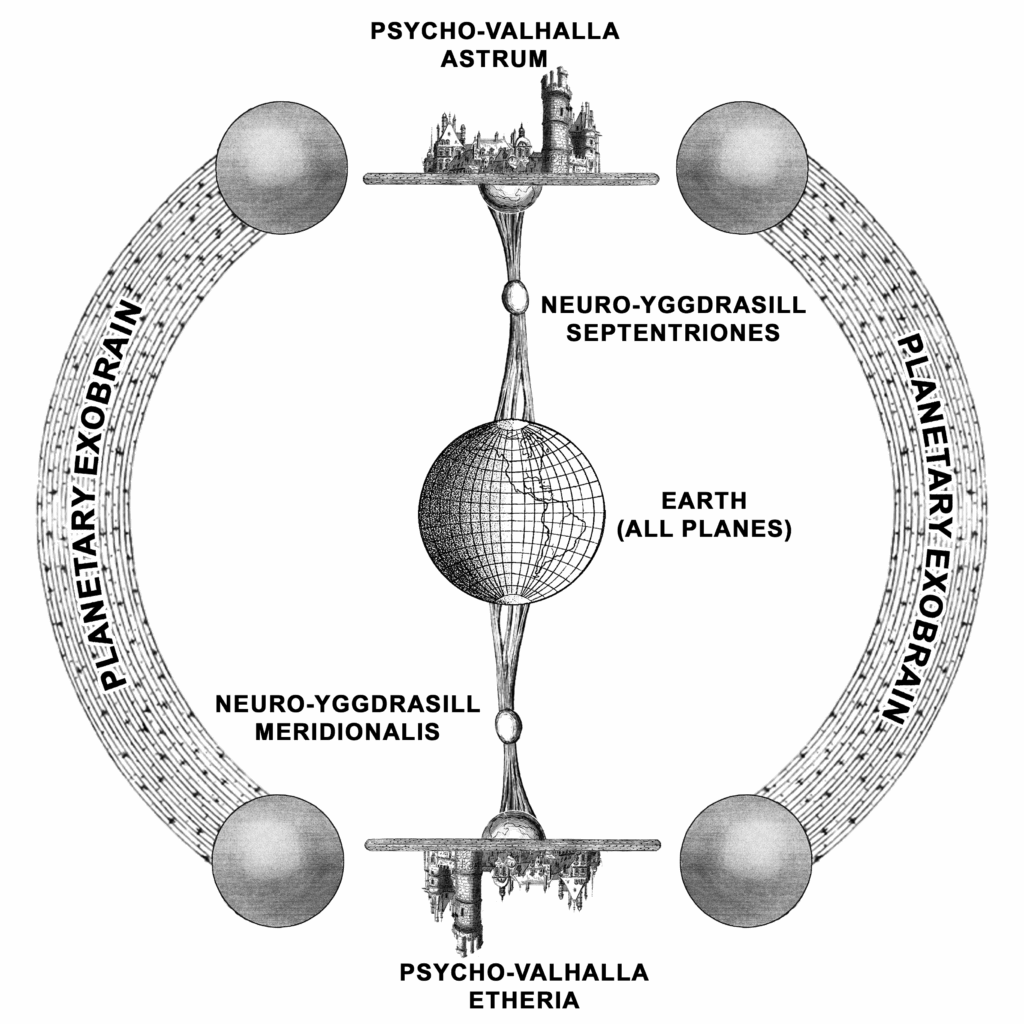I’ve been thinking about religious evangelism lately due to, well, large chunks of human history and too many chunks of current history. Most of my thoughts are about evangelizing by believers in Anthropomorphic Monotheism, those who worship a god they insist is infinite and all knowing yet has the same traits and biases as humans. It seems a lot of people want us to follow their Big Daddy – or else.
The funny thing is for so many people proclaiming their undying faith – and being willing to spread it by the sword and the bullet – evangelical Anthropomorphic Monotheists seem peculiarly insecure about their deity. Considering a core part of their believe has a conflict between “infinite in all ways” and “just as petty as I am” it’s not surprising. You can feel that instability.
How do you resolve belief in a being of infinite power and potential with the idea they’re worried about, say, what bathroom they use or what day they worship at? How do you reconcile all the conflicts with experience, holy texts, other believers, and so on? A believer in an all-to-human infinite “god” has to spend a lot of time making excuses or a lot of time ignoring the conflicts – the world will mock them by existing.
This conflict is familiar to me – believing in a god both petty and transcendent is a challenge that is faced by enthusiasts for media, like fanfic writers. Every new show, every season, every episode the staff may dump a new load of continuity or retcontinuity on you. You have to constantly revise your ideas due to new input and instability – but whereas fanfic writers admit they have “a take,” believers in Anthropomorphic Monotheism have to act like everything is real.
And this I think is one reason for the rampant evangelism. The world is constantly leading you to question your beliefs as your beliefs are fundamentally unstable and unsustainable without effort. So what do you do? You convert the world, you make the world believe and act the way you think it should so you don’t face conflicts.
Anthropomorphic Monotheism is inherently unstable to a level that is painful in the mind of believers. To resolve that pain they have to change the world so they don’t have conflict, so everything lines up, so everything is it should be. At some levels this evangelism is a kind of Gray Goo, Von Neuman’s Catastro-deity. It just chews up the world to replicate itself.
And, yes, the reasons for religions evangelism are more than just resolving conflicts by eating the world, but I think the inherent instability and need to convert are worth examining. Maybe it explains people’s need for an Apocalypse – they need a fundamental point where unresolvable conflicts are resolved, and are fine to watch the world die to have it.
So next time you see believers in Anthropomorphic Monotheism enragedly trying to convert people, ask how much of that is them trying to resolve the inherit instability of their religion. And ask yourself how much of the world they’d burn to fuel it.
-Xenofact

